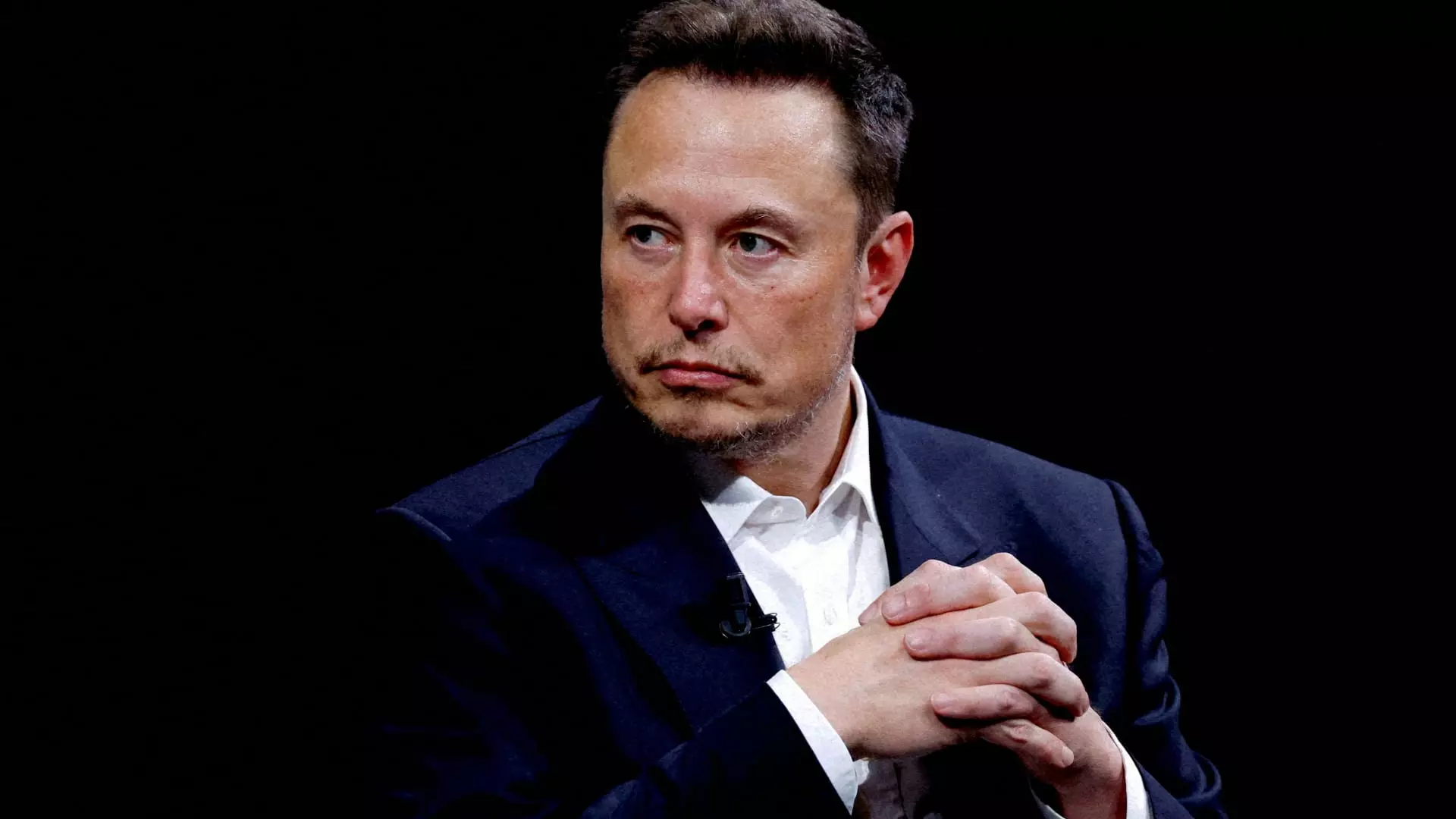Recently, local Chinese authorities decided to lift the restrictions on Tesla cars after the company’s China-made vehicles met the country’s data security standards. Tesla CEO Elon Musk’s visit to Beijing coincided with this development, as he unexpectedly met with Chinese Premier Li Qiang during the city’s first major auto show in four years.
Despite being popular in China, Tesla’s electric cars had faced bans in certain government-related properties over concerns regarding data collection by the U.S.-based automaker. The Biden administration had initiated an investigation earlier this year to assess the national security risks posed by imported vehicles from China that could potentially transmit data back to the country.
In addition to Tesla’s Model 3 and Model Y, several other new energy vehicles from various manufacturers also met China’s data security regulations. These requirements, particularly for “connected vehicles,” were introduced in November and apply to cars released in 2022 and 2023. Automakers voluntarily submit their vehicles for inspection to ensure compliance with these rules.
Tesla highlighted its efforts in localizing data storage at its Shanghai data center in 2021. The company also obtained the ISO 27001 international standard for information security after an evaluation by third-party auditors. The rules for connected vehicles focus on anonymizing facial recognition data outside the vehicle, avoiding the collection of cockpit data by default, processing data internally, and informing users clearly about personal information processing.
While Musk’s visit to China raised hopes of Tesla’s Full Self Driving software being introduced in the country, experts like JL Warren Capital’s Junheng Li expressed skepticism about its imminent rollout. Li suggested that due to logistical challenges faced by Tesla as a foreign entity in China, the introduction of a supervised version of FSD in the country seems unlikely. She also pointed out the availability of high-quality local alternatives like Xpeng’s driver-assist software.
During Premier Li’s visit to the Beijing auto show, he emphasized the importance of innovation and consumer demand in driving production. While Tesla did not participate in this year’s event, citing last year’s incident where a protester stood on one of its cars during the auto show in Shanghai, Premier Li visited other companies, including Xpeng. The auto show, which alternates between Beijing and Shanghai annually, was not held in 2022 due to the Covid-19 pandemic.
The removal of restrictions on Tesla cars in China signifies a positive development for the company in one of its key markets. By meeting data security requirements and localizing operations, Tesla has demonstrated its commitment to compliance and adaptability in the ever-evolving automotive industry. With advancements in technology and increasing competition from local players, Tesla will need to navigate regulatory challenges and market dynamics to maintain its position as a leader in the electric vehicle market in China.

